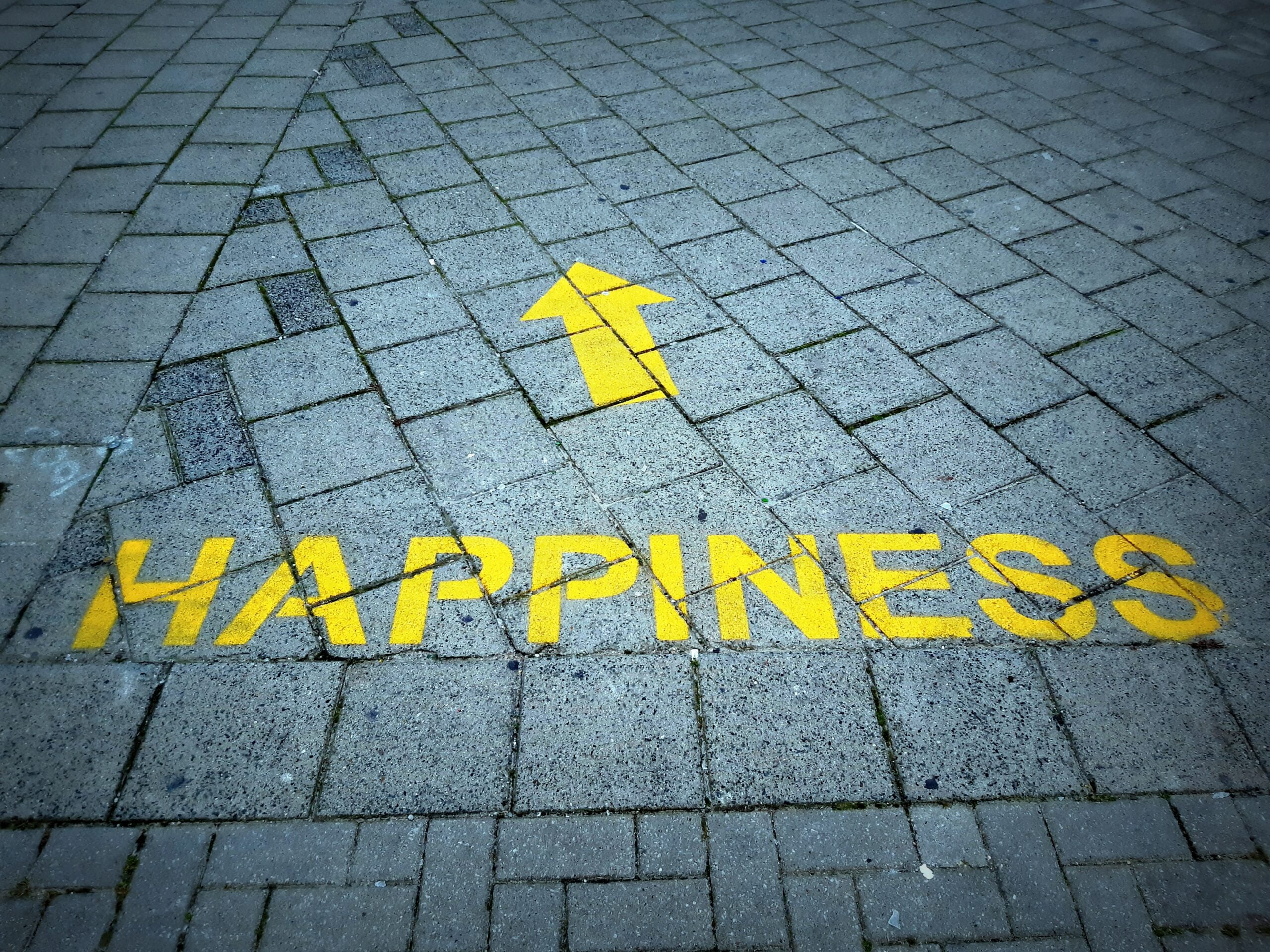A Hero’s How to Guide for Successful Goal Setting: Part Two
The Triology
Welcome back to The Hero’s How to Guide to Goal Setting – The Trilogy. We are exploring why it is so hard to set goals that stick because let’s face it we’ve all been there. There’s nothing more frustrating than setting a goal and falling short. The good news, is you’ve come to the right place to learn why and what you can do about it.
In Chapter 1 we learnt what goals are and why they’re important. If you haven’t read Chapter One, pop back and read it here. I’d hate for you to miss out.
We learnt the very definition of a goal means that it’s going to be challenging because it requires behaviour change, which can be uncomfortable. However, setting goals gives our life purpose and meaning. They help us make better decisions about how we spend our time.
In this second chapter we will be covering the two things that every goal must have to be successful. Without these two things you can have all the best intentions in the world but your goals will not come to fruition and failure as you know is incredibly frustrating. We don’t want that.
In the final chapter, we’ll be discussing the six common mistakes you want to avoid if you want your goals to succeed. And I can guarantee that we have all made at least one of these mistakes before.
Ready steady go. Part two.
Two key ingredients to successfully set goals
Have you ever tried to make bread without adding the all-important ingredients of yeast and salt?
I did when I was in a rush and tried to multitask (always a terrible idea). The end result was an absolute disaster – a flat, hard tasteless loaf. Yuck! This failure taught me how crucial yeast and salt are for successful and tasty bread. Yeast helps the bread rise and creates that irresistible, comforting smell of freshly baked bread, while salt adds both strength and flavour. Without these two ingredients, your bread will lack structure and taste.
What two key ingredients does a hero need to rise to the challenge of achieving their goal? According to a recent study “The Neuroscience of Goals and Behavior Change” the two key ingredients every goal MUST have in order for it to actually happen, is a will and a way. Without these two things, your goal will fall flat (just like my bread).
The will – the WHY for behaviour change
“When you find your why, you don’t hit snooze no more! You find a way to make it happen!” – Eric Thomas
The first key ingredient every goal must have is a “will”. The will is essentially your motivation or the WHY to achieve your goal. It is the emotional aspect of behaviour change and is the reason why you set the goal in the first place. Without a strong will, it’s easy to get distracted or discouraged along the way.
Not sure how to establish a strong will? We’ve got you covered with the Five Whys technique, developed by Sakichi Toyoda, the founder of Toyota Industries. This simple yet effective method involves asking “why” five times to get to the root cause of a problem. For example, if your goal is to run a marathon, ask yourself why you want to run a marathon. Your initial answer might be “to be healthier.” Then ask yourself why being healthier is important to you, and continue to ask “why” until you’ve asked it five times. To help with this download our free 5 Why Worksheet.
This process will help you uncover the deeper reasons behind your goal and strengthen your motivation to achieve it.
Keeping your “why” at the forefront of your mind will help you stay focused and motivated, even when the going gets tough.
The way – the HOW for behaviour change
“Goals are just dreams with a deadline. Without a plan, they remain wishes.” – Antoine de Saint-Exupéry
The second key ingredient is way, which refers to the plan or strategy you will use to achieve your goal. It is the cognitive and informational aspect of behaviour change. The way is the how of behaviour change.
A clear plan helps to break down a seemingly insurmountable goal into smaller, more manageable steps. When creating your plan, it’s important to be specific and realistic about what you need to do to achieve your goal. This could involve breaking your goal into smaller milestones, setting deadlines, identifying potential obstacles and challenges, and developing strategies to overcome them.
Having a well-thought-out plan helps to increase your confidence and sense of control over the situation, making it easier to stay committed and motivated.
The will and the way for successful goal setting
“The will gets you going, the way is the path to take” – Josie Askin, Spring Coaching
When you have both the will and way, you set yourself up for success. However, it’s important to remember that these two ingredients need to work in tandem. A strong will without a clear plan can lead to feeling overwhelmed or directionless, while a well-planned strategy without a strong will can lead to losing motivation and interest in the goal.
In summary, the two key ingredients for successful goal-setting are will and way. Having a strong motivation or drive (will) and a well-planned strategy (way) can help you achieve your goals with greater ease and efficiency.
In the next chapter, we’ll explore six common mistakes to avoid when setting goals, so stay tuned!
Sign up to our newsletter here and you’ll be the first to hear when it is released.
About the author
Josie Askin, CEO of Spring Coaching, is a performance and productivity coach who works with driven leaders and entrepreneurs to improve their performance and productivity, by applying a focus on wellbeing.
Josie has nearly 20 years working in government, in a range of advisory roles. She became interested in the gaps between workplace performance and wellbeing, gradually building analogies between sport and business performance while gaining several coaching qualifications. Now she deals with clients under pressure from all walks of life offering tailored leadership performance coaching, workplace wellbeing programmes, workshops, speaking and facilitation.
She has just released a new programme The power of small steps, a curated online programme for busy people to help keep people motivated and accountable to accomplish goals in small, manageable steps.

